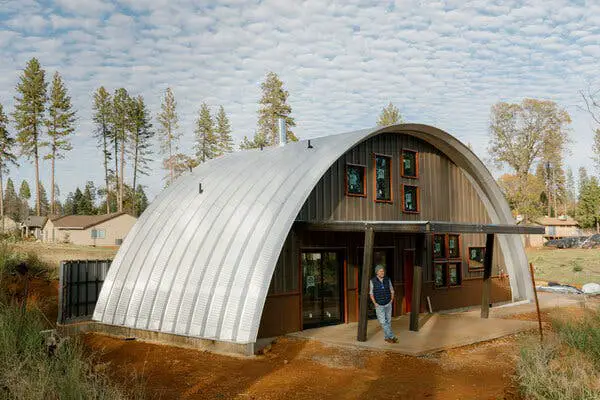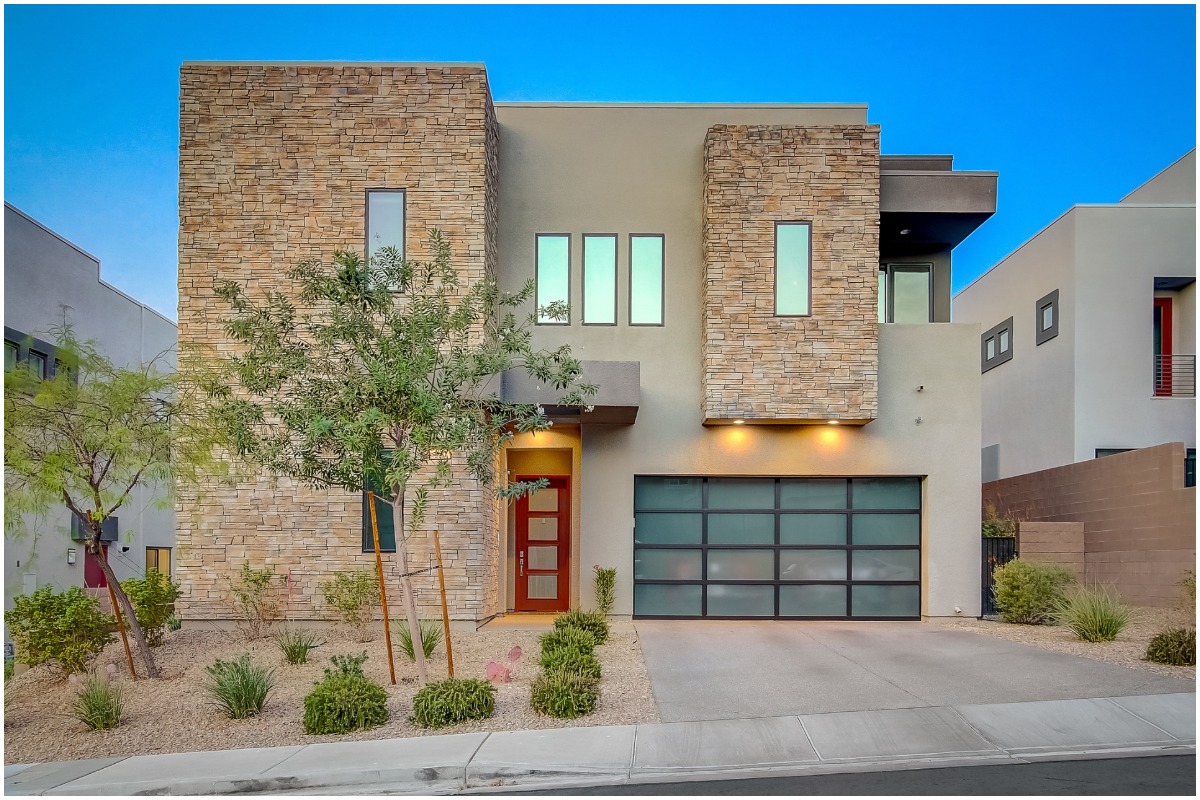Cinder blocks can withstand heat but may crumble when exposed to high temperatures repeatedly. These blocks are fire-resistant, making them suitable for fire pits, but not fire-rated for prolonged fire exposure.
While cinder blocks are lighter than concrete, they have limited heat resistance and may deteriorate over time with continuous heat exposure. It is important to consider their limitations and ensure proper ventilation when using cinder blocks in high-heat situations to prevent potential damage.

Credit: rwcnj.com

Fire Resistance Of Cinder Blocks
Cinder blocks are known for their fire resistance, as they can withstand high temperatures. They are a popular choice for building fire pits due to their ability to withstand heat without breaking.
Cinder blocks are known to have fire-resistant properties, making them a popular choice for various construction projects. When considering the fire resistance of cinder blocks, it is essential to understand if they can withstand high temperatures and the factors that influence their ability to do so.Can Cinder Blocks Withstand High Temperatures?
Cinder blocks are designed to withstand high temperatures, making them suitable for applications where heat exposure is a concern. They are often used in fire pits and other outdoor features that require heat resistance.Factors Affecting Fire Resistance
Several factors can influence the fire resistance of cinder blocks, including their composition, density, and the presence of additives such as fire-retardant materials. Proper installation and maintenance also play a crucial role in ensuring the longevity of cinder blocks under high-temperature conditions. Ensuring cinder blocks are not exposed to sudden extreme temperature changes can help prevent cracking and damage. Additionally, using appropriate mortar and sealants can enhance the fire resistance of cinder block structures. In conclusion, understanding the fire resistance of cinder blocks and the factors that affect their ability to withstand high temperatures is crucial for their successful use in construction projects.
Credit: www.bigrentz.com
Cinder Blocks In Fire Pit Construction
Applicability Of Cinder Blocks For Fire Pits
Cinder blocks are commonly used in constructing fire pits due to their durability and affordability.
Safety Concerns And Risks
When exposed to high heat, cinder blocks may deteriorate quickly, posing safety risks in fire pit construction.
Tips To Enhance Fire Resistance
When building structures using cinder blocks, it is essential to enhance their fire resistance to ensure safety and durability. Implementing preventive measures and utilizing additional fire-resistant materials are crucial strategies for enhancing the ability of cinder blocks to withstand heat.
Preventative Measures For Cracking
One of the key factors affecting the fire resistance of cinder blocks is their propensity to crack under high temperatures. To prevent cracking, it is important to follow these measures:
- Ensure proper mixing and curing of concrete to minimize internal stresses.
- Use concrete with a lower water-cement ratio to enhance strength and reduce susceptibility to cracking.
- Apply thermal insulating coatings to the surface of cinder blocks to mitigate heat transfer and minimize thermal stress.
Using Additional Fire-resistant Materials
Aside from preventive measures, incorporating additional fire-resistant materials can significantly improve the heat resistance of cinder block structures. Consider the following materials for enhancing fire resistance:
- Fireproof mortar: Use fire-resistant mortar to bond cinder blocks together, creating a more comprehensive fire barrier.
- Refractory bricks: Integrate refractory bricks into critical areas of the structure to bolster its ability to withstand high temperatures.
- Fire-rated insulation: Install fire-rated insulation within cinder block walls to enhance their thermal resistance and delay the spread of flames.
Case Studies And Expert Opinions
Cinder blocks’ heat endurance is a debated topic, with some saying they can withstand high temperatures while others argue they crumble under heat. Seek opinions and study case results to make an informed decision on using them for heat-resistant constructions.
Real-life Experiences With Cinder Blocks
Many individuals have shared their experiences with using cinder blocks in fire-related scenarios, offering valuable insights into the heat resistance of these building materials. One Reddit user claimed that cinder blocks are porous and unlikely to trap steam, making them suitable for fire pits. However, this user also noted that repeated exposure to heat can cause the cinder blocks to crumble.
Another thread on the same platform discussed the possibility of wet cinder blocks or bricks exploding when used to construct fire pits. Opinions varied, with some users suggesting that wet blocks might indeed explode due to the rapid expansion of trapped water molecules. While these accounts provide anecdotal evidence, they highlight the importance of considering various factors when using cinder blocks in heat-intensive situations.
Insights From Construction And Fire Safety Experts
Construction and fire safety experts have provided valuable insights regarding the heat resistance of cinder blocks. While cinder blocks can withstand high temperatures, they do have limitations. Some experts recommend using fire-rated blocks, which are specifically designed to withstand higher temperatures than regular cinder blocks.
According to experts, the key to using cinder blocks in fire pits or other heat-related applications is proper construction and maintenance. When subjected to intense heat, cinder blocks may undergo thermal stress, leading to cracks or even fragmentation. To mitigate this risk, experts suggest using fire-resistant mortar and maintaining adequate ventilation to prevent excessive heat buildup.
It is important to note that building codes and regulations may also impact the use of cinder blocks in fire-related constructions. Therefore, consulting local authorities and professionals familiar with fire safety guidelines is essential to ensure compliance and minimize potential risks.

Credit: www.redfin.com
Frequently Asked Questions Of Can Cinder Blocks Withstand Heat
Do Cinder Blocks Break Under Heat?
Cinder blocks can withstand heat but may crumble when exposed to high temperatures repeatedly. They are fire-resistant but not fire-rated.
Can You Use Cinder Blocks For Fire Pit?
Cinder blocks can be used for a fire pit, but they may crack with repeated exposure to high heat.
How Much Heat Can A Concrete Block Take?
Concrete blocks can withstand high temperatures, typically up to 1,000 degrees Fahrenheit.
Will Cinder Block Hold Up To Fire?
Cinder blocks are fire resistant, meaning they won’t burn. However, prolonged and repeated exposure to fire may cause them to crack.
Can Cinder Blocks Withstand High Temperatures?
Yes, cinder blocks can withstand high temperatures and are often used in fire pits due to their ability to handle heat.
Conclusion
While cinder blocks can withstand heat to a certain extent, they are not entirely heat resistant. Prolonged and repeated exposure to high temperatures may cause them to crack or crumble. It’s essential to consider alternative, more heat-resistant materials for constructing fire pits and other high-heat applications.
Choose materials wisely for safety and longevity.